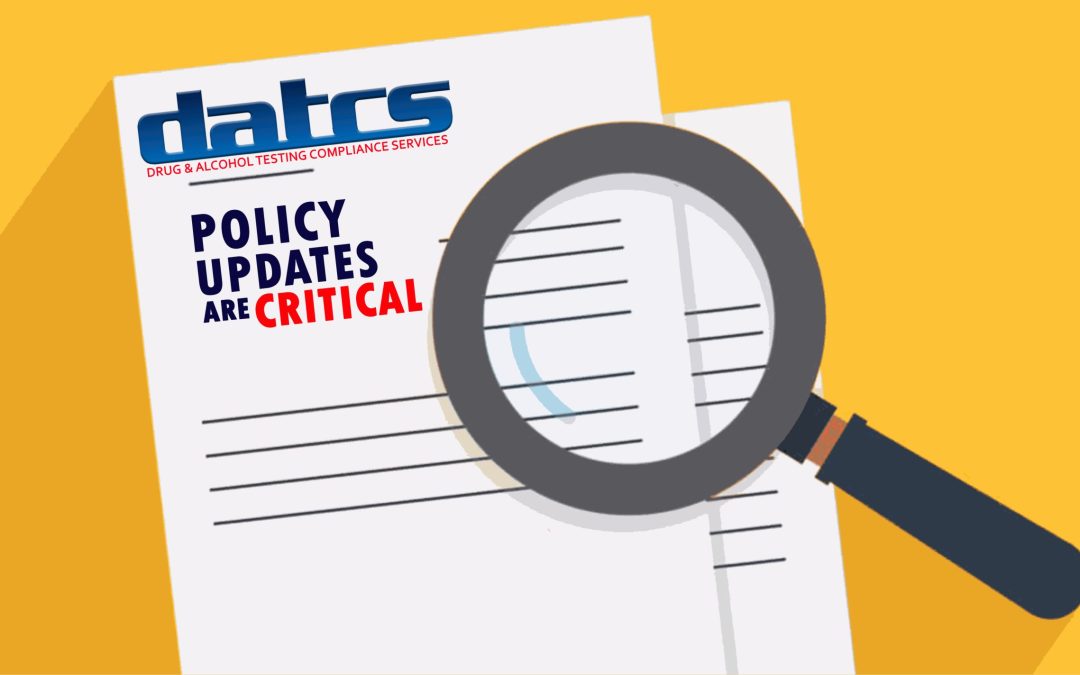Now, more than ever, clearly defined policies and procedures are critical for employers. The policy decision must consider DOT fitness for duty as well as the possible accommodations that an employer can make in these times when prescription drug abuse impacts millions of Americans from all socioeconomic, political, age, gender, and ethnicity groups.
Policies need to be reviewed and updated to address an employee’s use of legally prescribed and over-the-counter drugs that may affect their ability to perform his/her job duties or potentially expose other employees or the public to danger.
An example of suggested language addressing legally prescribed and over-the-counter drugs.
Prescription and over-the-counter drugs are not prohibited when taken in standard dosage and/or according to a physician’s prescription. Any employee taking prescribed or over-the-counter medications will be responsible for consulting the prescribing physician and/or pharmacist to ascertain whether the medication may interfere with safe performance of his/her job. If the use of a medication could compromise the safety of the employee, fellow employees, or the public, it is the employee’s responsibility to use appropriate personnel procedures (e.g., call in sick, use leave, request change of duty, notify supervisor, notify company doctor) to avoid unsafe workplace practices.
Note: There are several federal regulations and state laws prohibiting employers from inquiring whether an employee is taking prescription drugs. The Rehabilitation Act, the ADA, and many state disability laws prohibit asking disability-related questions. However, such inquires can legally be made if the questions are both job-related and consistent with business necessity.

